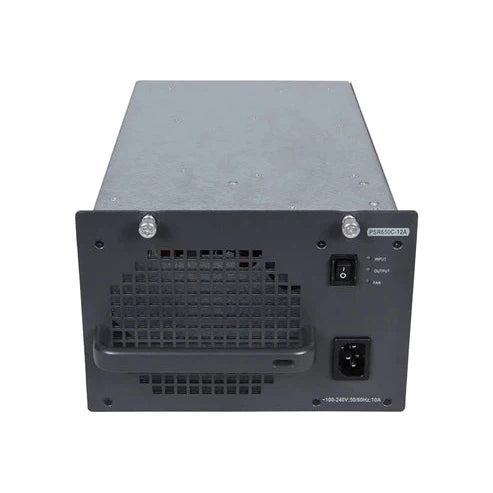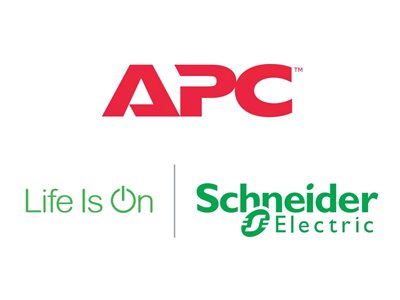Network Switch Components Buying Guide
Types of Network Switches
Unmanaged Switch
This type of switch is usually the least expensive which will make it attractive for many types of businesses, especially small businesses.
Installation of an unmanaged switch couldn’t be easier, with the only step being plugging the switch into a network, which will then instantly begin working without a problem. And if you want to add more switches, all that needs to happen is that more switches need to be plugged in, with others being unplugged or moved if accommodation is needed.
These switches don’t need to be monitored, hence the name.
LAN Switch
A LAN switch, also known as a Local Area Network switch, will connect certain devices within a LAN. They are sometimes called Ethernet switches as well, or data switches.
LAN switches are best for networks that often experience data build up and bottleneck and they will greatly help with congestion within the network. They help by managing bandwidth so that data packets move smoothly and don’t get slowed down too much.
Managed Switch
A managed switch is a very common and popular type of switch although it is also one of the more expensive. They are often used in big, complex and complicated networks, because they can be altered to adjust to the functionalities of any given neworks that might have higher security levels and specific needs.
Because they can be changed and adjusted and made to fit just about cause within a network, these switches are ideal for a majority of businesses, despite their costs.
Smart Switch
This switch, often also called an intelligent one, is managed with only a few options and is rather simple and easy to use and will work very well on its own without too much supervision.
A smart switch will only work for a small amount of settings, like duplex modes of VLANs. This is a good option for businesses that do not need many customization choices or alterations.
What To Think Of With A Network Switch
When you are purchasing the right network switch for your business or home, you need to be sure that you are keeping certain things in mind.
By focusing on what is most important for you and the needs of your network, you can make the right choice when buying and will likely save yourself a lot of money.
Speed: You need to be sure that the network switch you use is fast enough for the demands of your network and your business. You should try to invest in Gigabit Ethernet, Ten Gigabit, Faster Ethernet, or other speeds that will let your business move as fast as possible.
Ports: If there are only a small number of devices on your network, then a small number of ports will work out well. If you need more for your network, then you should make sure you have enough ports to accommodate all of that. There are certain switches that have more than 50 spaces able to be utilized.
Budget: Some network switches will cost you a lot more than others and this is something that needs to be taken into account, especially if you are running a small business. Managed switches will be more expensive than unmanaged ones, which may be a reason for you to invest in unmanaged switches if they can properly service your network.
Customization: If you want to change the priorities of your network or perhaps enhance it and improve its speeds, you might need to alter your network switches. The good news is that many switches allow you to do just that. There are multiple switches that will allow you to make changes and prioritize different things, such as speed and the bandwidth allowed to be used.
If you need your switch for only the most basic uses, this isn’t necessary. But if you are running a network that might be changing a lot in the future, you should be sure to purchase and install network switches that can be adjusted over time and meet the needs of your business.







